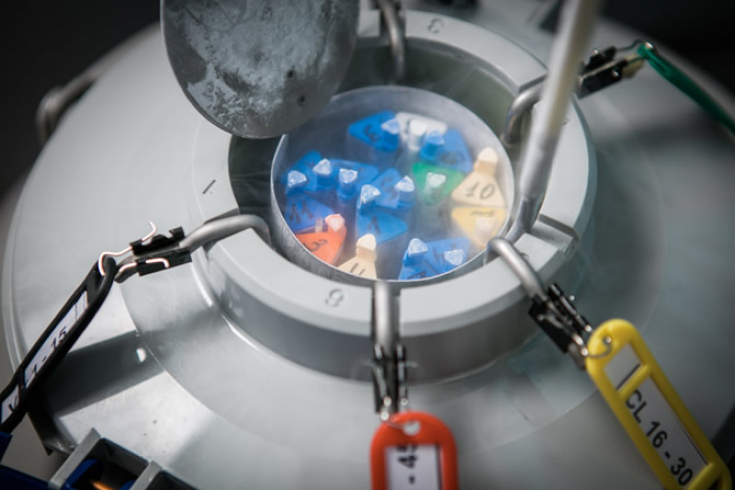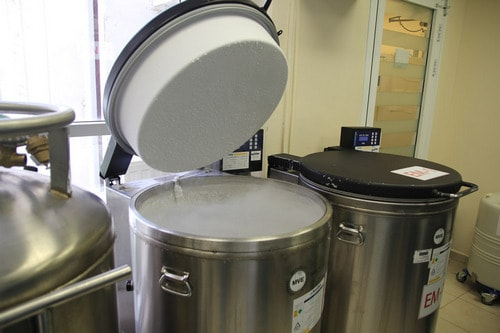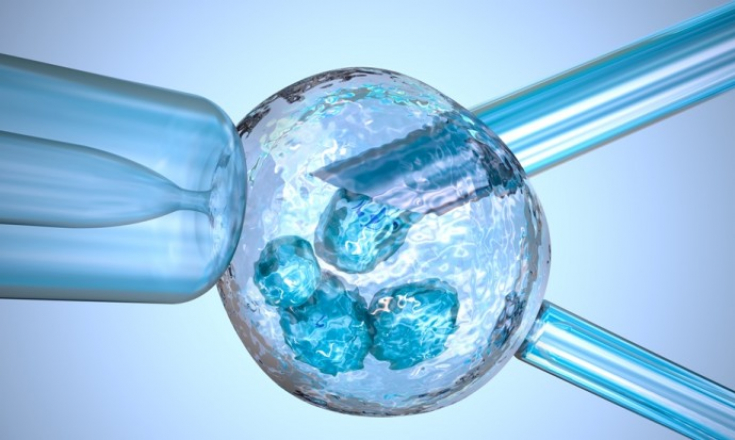Birth of a healthy child – natural desire of every family. However, due to various reasons, many couples experience problems with childbearing. And this is not about infertility, but about the impossibility of getting pregnant now due to difficult life circumstances.
Since there are negative changes in the reproductive system with age, experts recommend resorting to the procedure freezing eggs or sperm. This is cryopreservation. It is completely safe for cells, does not violate the chromosome set. Babies born after using cryopreservation are no different.
Read about the features, indications and procedures in the article from estet-portal.com.
Cryoconservation: who needs such a procedure
Cryopreservation is used in two cases – if there is a need to delay motherhood or if oncology is detected. How can this help?
Follow us on Instagram!

The fact is that female eggs deteriorate with age in the quality of – and this is a proven fact. According to researchers and doctors, after the age of 38, it is more difficult for a woman to get pregnant. At the same time, the probability of having a healthy child is also reduced. According to statistics, only 4% of women after 40 years of age give birth to children without pathologies.
What does this have to do with it? The fact is that the energy potential of cells decreases, this entails improper division of chromosomes. As a result – risk of congenital diseases. That is why women who have not decided to become mothers before the age of 35 are recommended to freeze their eggs.
When a woman is ready to become a mother, her cells are removed from the cryo-storage and used for fertilization. This is called delayed motherhood. That is, planning pregnancy at the right time, while maintaining healthy cells.
Read also: How to increase fertility with simple methods
The second indication is oncology. Now she is "younger" – and often attacks young people who have not yet had time to become parents. In this case, cryopreservation will also help.
The fact is that during chemotherapy, sperm and eggs are practically destroyed. That is, then a person will not be able to become a parent, or this chance is critically low. Therefore, experts recommend before starting "chemistry"; freeze eggs or sperm in order to be able to have children in the future.
Take note: how to properly stop hormonal contraceptives
Features of the procedure: how cryopreservation is performed

How does cryopreservation take place and what do you need to be prepared for? It takes place in several stages, requires considerable financial investments – especially for women.
A man undergoes control tests before spermatozoa cryopreservation. Then the doctor will give recommendations on how to prepare for sperm donation. Upon receiving it, it is immediately frozen.
The procedure for a woman will be longer and more expensive. This is due to the fact that it requires additional medication. They are needed to build eggs and follicles. The doctor appoints a specific day for the cell sampling procedure. It takes place under general anesthesia and lasts about 20 minutes. After a couple of hours, a woman can return home, and her eggs will be cryopreserved.
All material is stored in a special cryobank. There is a monthly fee for storage. People with cancer are exempt from it.
Read also: Polycystic ovaries: symptoms and treatment of the disease
Is it possible to freeze the resulting embryos
Embryos can also be frozen or cryopreserved. This is possible if during in vitro fertilization there are more than two of them. In this case, "superfluous" the doctor offers to freeze for insurance or just – for the future. Moreover, not everyone manages to get pregnant with artificial insemination the first time.

If pregnancy occurs, the woman gives birth to a healthy child, then the frozen embryos will simply wait for their time. After 2-3 years, you can go through a second fertilization procedure if you want another baby.
Cryopreservation – one of the technologies that is used in reproductive medicine. It helps to plan pregnancy, give birth to a healthy child without pathologies, even after the age of 40.
Expectant parents need to be prepared for significant financial costs for the procedure. But as a result, you get the opportunity to plan the birth of your baby in time – just when the conditions are most favorable for it.
Read also: How to conceive a child with irregular periods






Add a comment